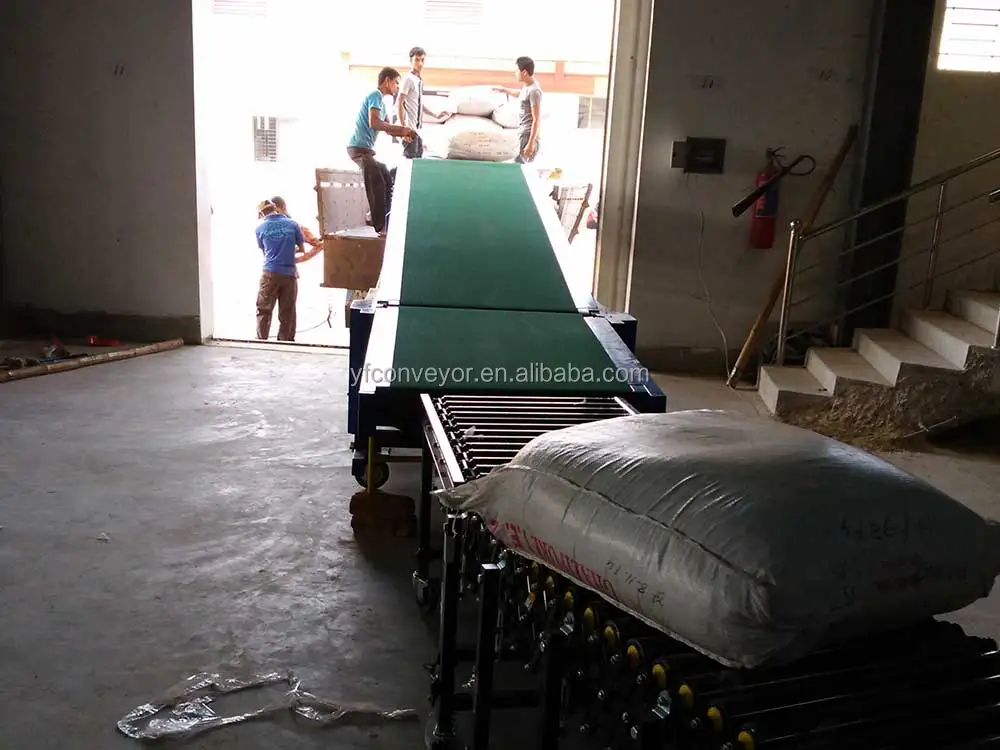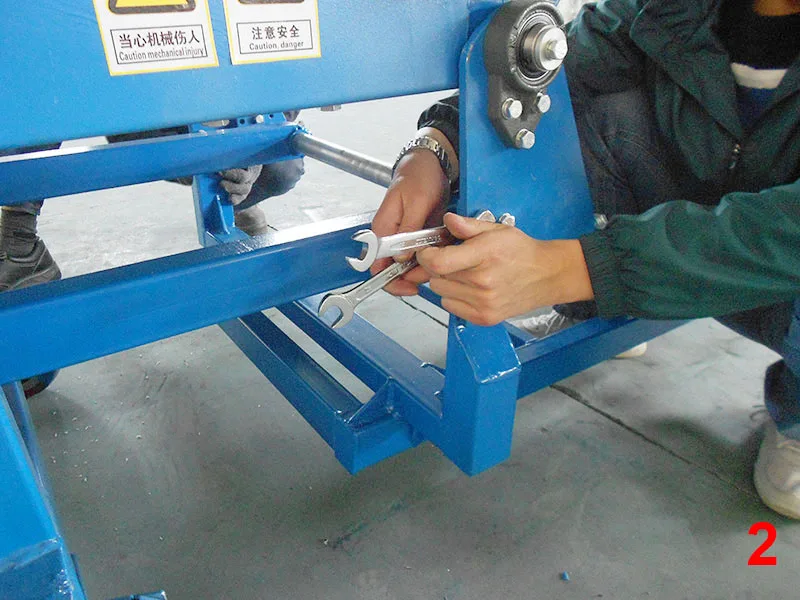Choosing the right loading conveyor for your business is crucial for optimizing efficiency and productivity. A loading conveyor is an essential piece of equipment in various industries, including manufacturing, warehousing, and logistics. The right conveyor can streamline operations, reduce labor costs, and improve safety. This article will guide you through the key factors to consider when selecting a loading conveyor.
Understand Your Business Requirements
Before selecting a loading conveyor, it is essential to understand your specific business requirements. Consider the type of materials you will be handling, their weight, and dimensions. Different conveyors are designed for various applications, such as transporting bulk materials, packages, or pallets. Knowing your needs will help narrow down your options and ensure you choose a conveyor that meets your operational demands.

Evaluate Conveyor Types
There are several types of loading and unloading conveyors available, each with its advantages and disadvantages. Common types include belt conveyors, roller conveyors, and chain conveyors. Belt conveyors are versatile and suitable for transporting various materials. Roller conveyors are ideal for moving items with a flat bottom, while chain conveyors are best for heavy loads. Evaluate the types of conveyors available and determine which one aligns with your business needs.
Consider Conveyor Length and Width
The length and width of the conveyor are critical factors to consider. The conveyor should be long enough to accommodate your loading and unloading processes without causing delays. Additionally, the width should be sufficient to handle the materials you will be transporting. Measure your workspace and ensure that the conveyor fits comfortably within the available area while allowing for safe operation.
Assess Load Capacity
Load capacity is a vital consideration when choosing a loading conveyor. Each conveyor has a maximum load capacity that should not be exceeded. Overloading a conveyor can lead to mechanical failure and safety hazards. Assess the weight of the materials you will be transporting and select a conveyor that can handle the load comfortably. It is advisable to choose a conveyor with a higher capacity than your maximum load to ensure reliability.
Examine Conveyor Speed
Conveyor speed is another important factor to consider. The speed at which materials are transported can significantly impact your operational efficiency. Determine the required speed based on your workflow and production goals. Some conveyors offer adjustable speed settings, allowing you to customize the speed according to your needs. Ensure that the conveyor you choose can accommodate the necessary speed for your operations.
Look for Customization Options
Every business has unique requirements, and sometimes standard conveyors may not meet those needs. Look for manufacturers that offer customization options. Customizable features may include conveyor length, width, speed, and additional accessories such as side guards or sensors. Customization can enhance the functionality of the conveyor and ensure it fits seamlessly into your existing processes.
Evaluate Safety Features
Safety should always be a top priority when selecting a loading conveyor. Look for conveyors that come equipped with safety features such as emergency stop buttons, guards, and sensors. These features can help prevent accidents and injuries in the workplace. Additionally, ensure that the conveyor complies with industry safety standards and regulations.
Consider Maintenance Requirements
Regular maintenance is essential for the longevity and performance of your loading conveyor. Before making a purchase, inquire about the maintenance requirements of the conveyor you are considering. Some conveyors may require more frequent maintenance than others. Choose a conveyor that is easy to maintain and has readily available replacement parts to minimize downtime.

Review Manufacturer Reputation
The reputation of the manufacturer is an important factor to consider when selecting a loading conveyor. Research the manufacturer’s history, customer reviews, and industry reputation. A reputable manufacturer is more likely to provide high-quality products and reliable customer support. Additionally, consider the warranty and after-sales service offered by the manufacturer.
Budget Considerations
Finally, consider your budget when selecting a loading conveyor. Conveyors come in a wide range of prices, and it is essential to find one that fits within your budget while meeting your operational needs. Keep in mind that the initial cost is not the only factor; consider the long-term costs associated with maintenance, energy consumption, and potential downtime. Investing in a high-quality conveyor may save you money in the long run.